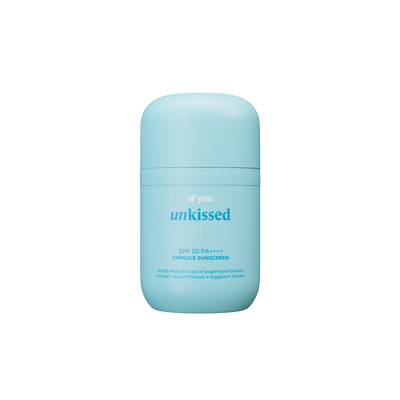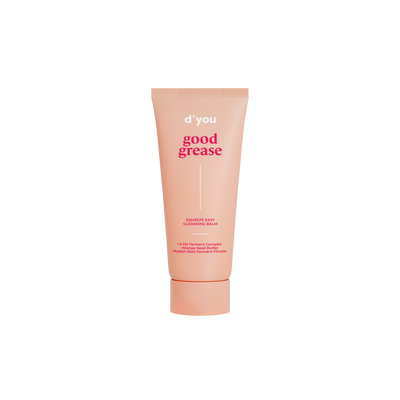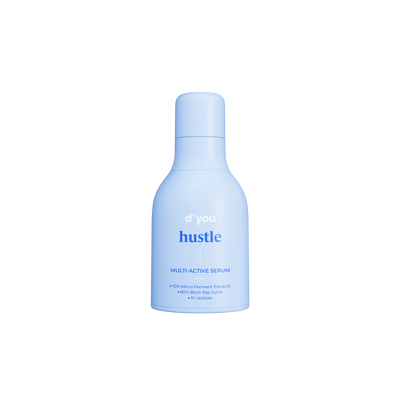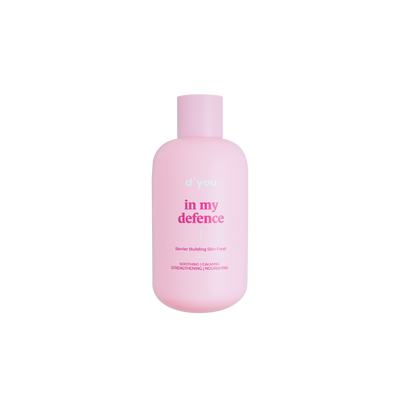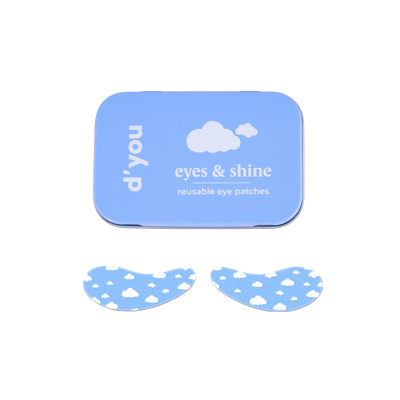
Do you know the biggest, most successful and longest running ploy of beauty marketing? Skin types.
Yep, pegging you into a pigeon hole of skin “type” basis the production of oil / sebum in your skin started off as a marketing technique that just caught on to popular acceptance in everyone’s books. It was coined in the early 1900s by a brilliant woman beauty entrepreneur and star marketeer Helena Rubinstein, who incidentally was selling you face cream basis your purported skin “type”. Thus, began the charades of normal versus abnormal (dry / oily) skin types.
Ironically there is nothing more common or ‘normal’ than having dry skin or oily skin. The terminology of “normal” denotes that, other than this “normal skin type” everything else is a departure from the “norm” or the “regular”. Biologically and physiologically speaking this is incorrect. It is absolutely normal to have increased or decreased production of sebum in your skin. It is also very much normal to have the sebum production fluctuate and thereby leave you confused, which exact pigeon hole / “type” of skin category do you fall under? Have you been puzzled in understanding what’s your “skin type” because you sometimes see signs of all skin types coming on your face at different points in time? If you found yourself nodding in affirmation to this, please be rest assured this is absolutely OKAY! You and your skin are normal. It’s all okay!
So, what really is normal skin?
Normal skin is any skin that is a living tissue capable of giving reactions to stimulus. Your skin is giving you cues in every reaction it exhibits. Puffy eyes are cues that you are not getting enough sleep. A pimple or a breakout is a cue that your skin fought the attack from an external pathogen, and the result of this defence is the inflammation you see. Hives on the skin are a cue your skin might be allergic to something in the environmental vicinity. Imagine if your skin stopped giving these cues, you’d have no idea about all that it is being subjected to.
Majority of the times it is also that skin simply happens to be the organ manifesting something that is going wrong on the inside of your body. So, it’s not that the skin is reacting to a stimulus it faced directly, it may be the reaction of your intestines, or your gut, or your immune system that faced the triggers and communicates these reactions via your skin.
Coming back to purported skin “type” basis the production of sebum in your skin. The sebum production in your skin can very well fluctuate, and this production is more so determined and influenced by your hormones. So yet again, the oil in the skin is produced as a reaction to the activity of your hormones. This one thing doesn’t determine your entire skin care routine, because production of oil is not the only activity your skin is undergoing.
The skincare products you choose should therefore never be based on this purported skin “type”. Why? Because your skin concerns like dehydration, dullness, fine lines, hyperpigmentation have absolutely nothing to do with your skin “type”. Choose skincare products as per the skin concern you wish to address, never as per your skin “type”. The only place skin “type” becomes a point of contention is while choosing a moisturiser. Why? Because the main function of a moisturiser is SEALING YOU SKIN. And when it comes to sealing your skin the main aspect to be considered is the oil component in your skin. People who already have increased oil in their skin, have a higher propensity to seal their skin, whereas people who have lesser oil in their skin are most likely to have no sealing or coating on their skin and thus prone to increased Trans Epidermal Water Loss. So, when it comes to choosing a moisturiser, choose one that will give you the right degree of sealing / coating property. For example: dry skin with less oil should use moisturisers with more occlusive and emollient ingredients because these are film forming ingredients that add the much-needed sealing coat that is missing in dry skin. Reverse philosophy for skin with increased oil production. You get the drift?
Basing your entire skincare routine on the degree of oil produced in your skin can by far be the biggest sin you may be committing with your skin. Because you have increased oil in your skin, using a salicylic acid cleanser, followed by a salicylic acid toner, followed by a benzoyl peroxide spot treatment and then a tea tree oil moisturizer is slow torture for your skin. Stop that. Instead embrace your skin’s natural oil production. Yes, you may fall prey to more acne breakouts than someone with dry skin texture, but you will also age much slower than someone with dry skin. The increased oil production also has some pros along with the cons, but we only tend to focus on the cons.
Coming back to our main point – whatever may be your skin’s oil production status and thereby your skin “type”, approach skincare with an aim to address individual skin concerns and not focus on altering your skin’s oil status and thereby your skin “type”. When formulating Hustle, we kept this concept very central to our formulation pillars. We wanted to make a product that addressed your basic skin concerns that every single skin “type” has irrespective to the status of oil production in their skin. So whether your oil production fluctuates monthly as per your hormones, or you go from having dry skin in the summers to oilier skin in the winters or vice versa – Hustle will continue to remain as useful on day 1 as on day last. It will work just the same. Uniquely so, the days you have increased oil production, Hustle will help balance out the oil in your skin, the days you feel extra dry, Hustle will help add hydration and moisture onto your skin. In its very bare basic chemistry this product is so uniquely formulated, that its application is so ubiquitous. Sometimes stripping back to the basics and foundational chemistry can help tackle seemingly complicated problems, and Hustle is an example of that.
Check it out, if you haven’t already. Shop Hustle.
